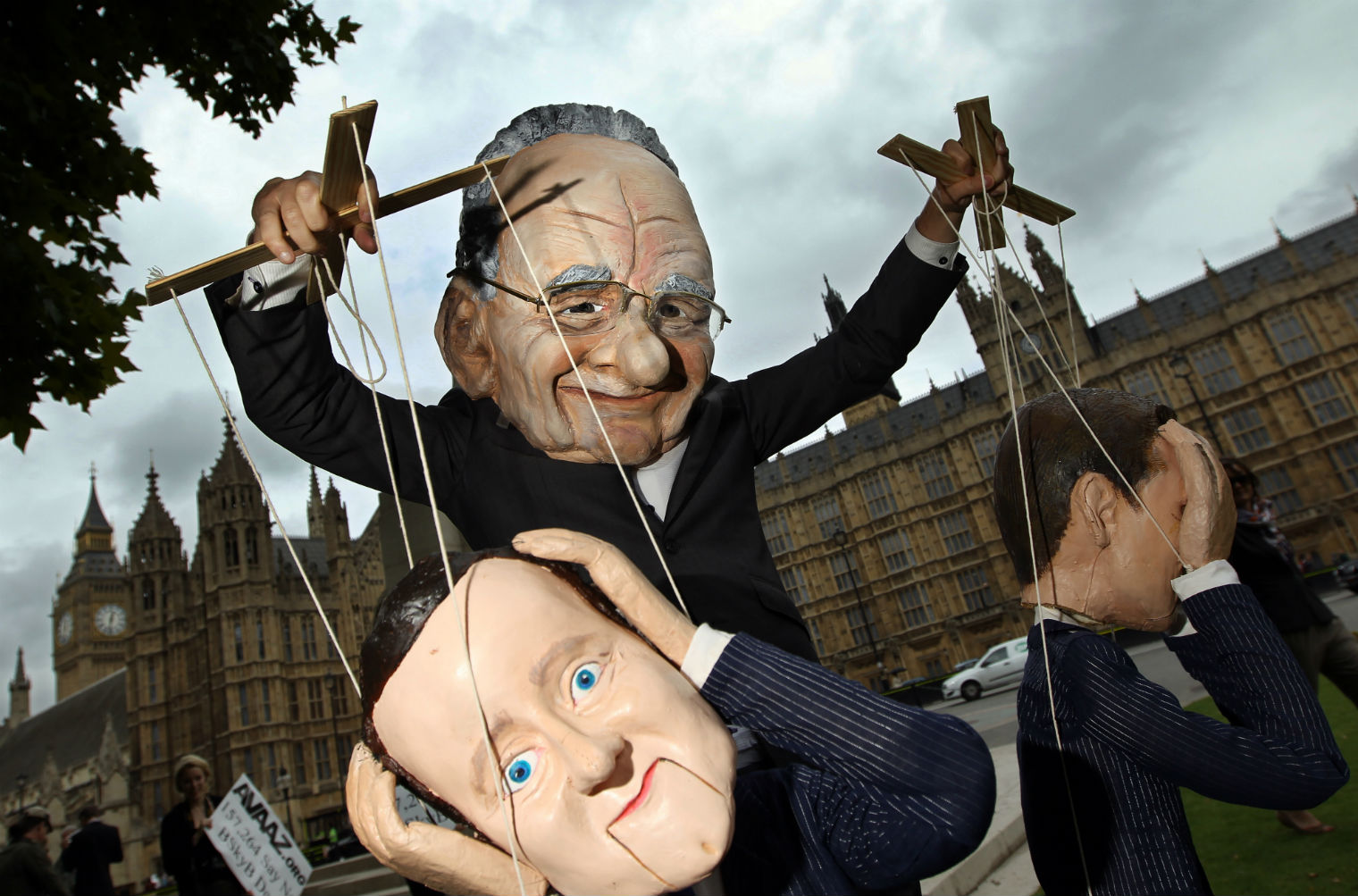By Tim Gopsill
The British press simply refuses to die. The more we are told that the newspapers have had their day, the more they seem to run the show. In all the confusion over the conflicting claims in the UK’s EU referendum, the only clear line was that the press was 4-1 for quitting. Voters said they didn’t have a clue what the real pros and cons might have been, so went with the prevailing disgust with the political elite and voted not so much against the EU as against its apologist David Cameron, with his empty promises on immigration, prosperity, Big Society and everything else.
It was the triumph of a long-term strategy on the part of Rupert Murdoch which was not really about Europe. It is about getting rid of the compromiser Cameron and re-establishing Thatcherite Toryism in the hands of Boris Johnson and his Sancho Panza, Michael Gove.
The weapon was UKIP, raised by continuous coverage from fringe obscurity to front-line fighting to launch murderous assaults on the Tory right flank; same story in the USA where Fox TV single-handedly reared the Tea Party movement, which shifted the Republican Party permanently to the right.
Johnson and Gove are both close to the Murdochs and will dutifully promote his media demands if they get the chance.
Media questions currently facing government are to draft the new BBC Charter, to complete the legislative mechanisms implementing the Leveson proposals on press regulation and to resume the Leveson Inquiry.
This is what Johnson has said on these subjects: ·
On the BBC: “The next head of the BBC should be free-market and pro-business … We need a Tory, and no mucking around.” ·
On implementing Leveson: “MPs, ministers and all the rest of it – don’t you for one moment think of regulating a press that has been free in this city for more than 300 years.”
Whatever the ramifications of the referendum on the economy, the consequences for media look even worse.

Leave a Reply